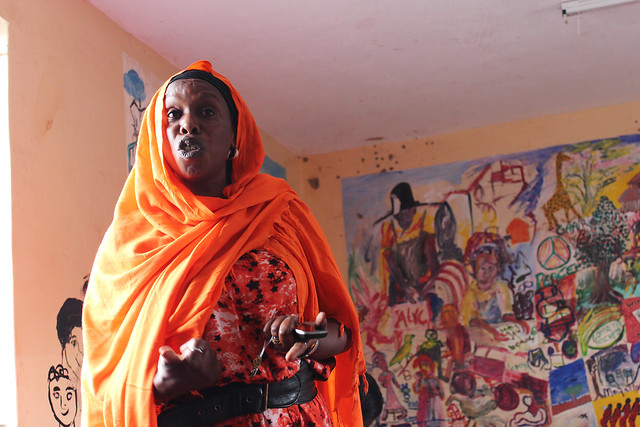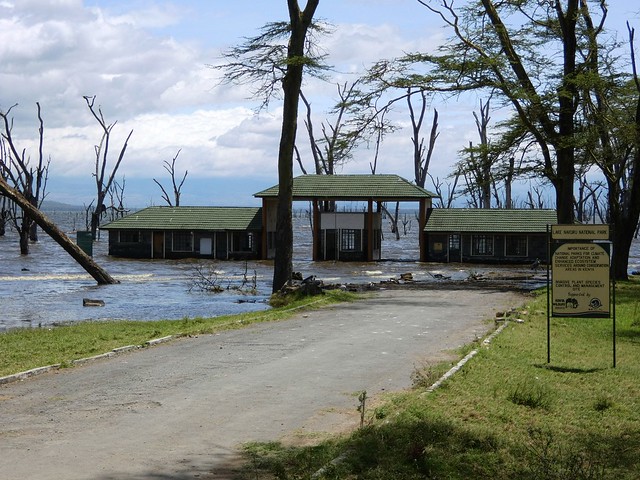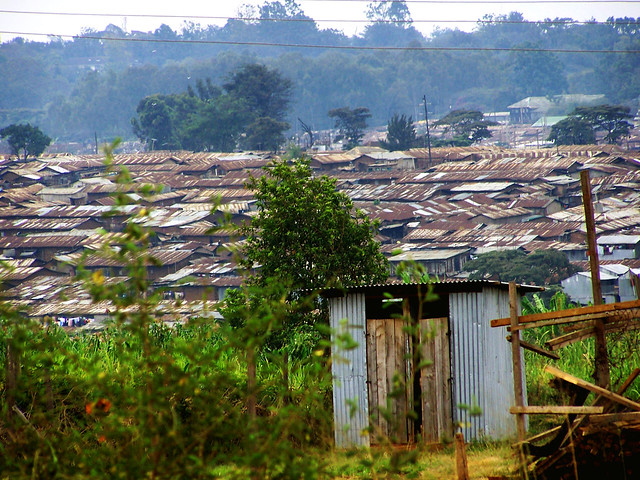Many of the news stories about the Nubians focus on the discrimination they face in Egypt and to some extent in Sudan. Two news reports published in Kenya on February 24 and 25 describe the deplorable conditions that the Nubians living in that country have to contend with.

A story in Kenya’s Ghetto Radio on the 24th indicated that the Nubians in Kibos, Kisumu County, have had to endure the demolition of their homes by the Kenya Railways Corporation. A court has allowed them to move into temporary structures but the Nubians maintain that they are exposed to diseases due to the conditions they are forced to endure. “Our lives are not good, when it rains, it gets into our tents. We have small children and elderly women who are being exposed to illnesses,” one person told the reporter.
The resident went on to complain that hundreds of Nubians are forced to use one small toilet that is in very poor condition. The residents are hoping the county government will approve the construction of a temporary structure that will replace the homes destroyed by the railroad. It will help relieve the overcrowding.

The next day, February 25, Ghetto Radio updated its account. The Nubians are saying that the temporary order issued by the local court is having no effect and is not providing any help for them. They say that the court order only allows them to erect temporary facilities that do little to protect them from the heavy rainfall. In fact, they are afraid that the structures could be swept away by floods.
The article quotes Shafi Ali, the chair of a lobby group, the Nubian Rights Forum, who said that since this community of Nubians has been living in that location for over 30 years, Kenya Railways should compensate them for taking the land. After all, Kenya has a law that protects squatters who have lived on tracts of land for that length of time.
But the website of one of the organizations that tries to help the Nubians in Kenya, the Open Society Justice Initiative, makes it clear that they are subject to special discrimination in that country. They are denied the legal protection that other minority groups receive.

The Justice Initiative explains that the British government brought a group of Nubians to Kenya more than 100 years ago to serve in a colonial regiment, but they were not allowed to return to their homes in Sudan when their terms of service ended. Instead they were resettled in Kibera, a slum close to Nairobi, and to other areas in Kenya. But from the beginning they were denied the rights enjoyed by other Kenyans.
Up to 100,000 descendants of the original settlers live in squalid conditions in scattered ghettos around Kenya, denied of ever gaining the rights of Kenyan citizens by successive governments starting with the British early in the 20th century. The country does not accept the property rights of people that they consider to be alien squatters. The government does not provide any public services or utilities to the Nubian communities, including the ones where they have been living for over a century.